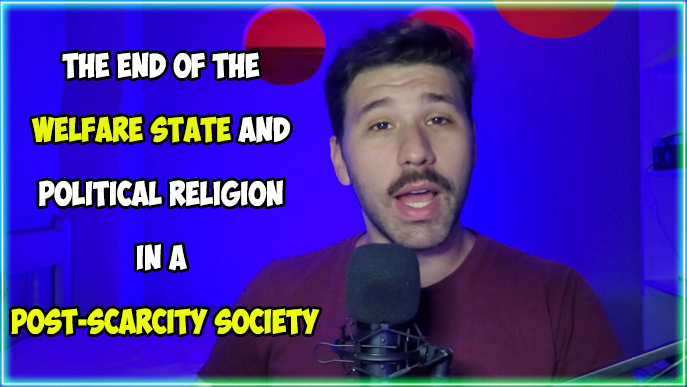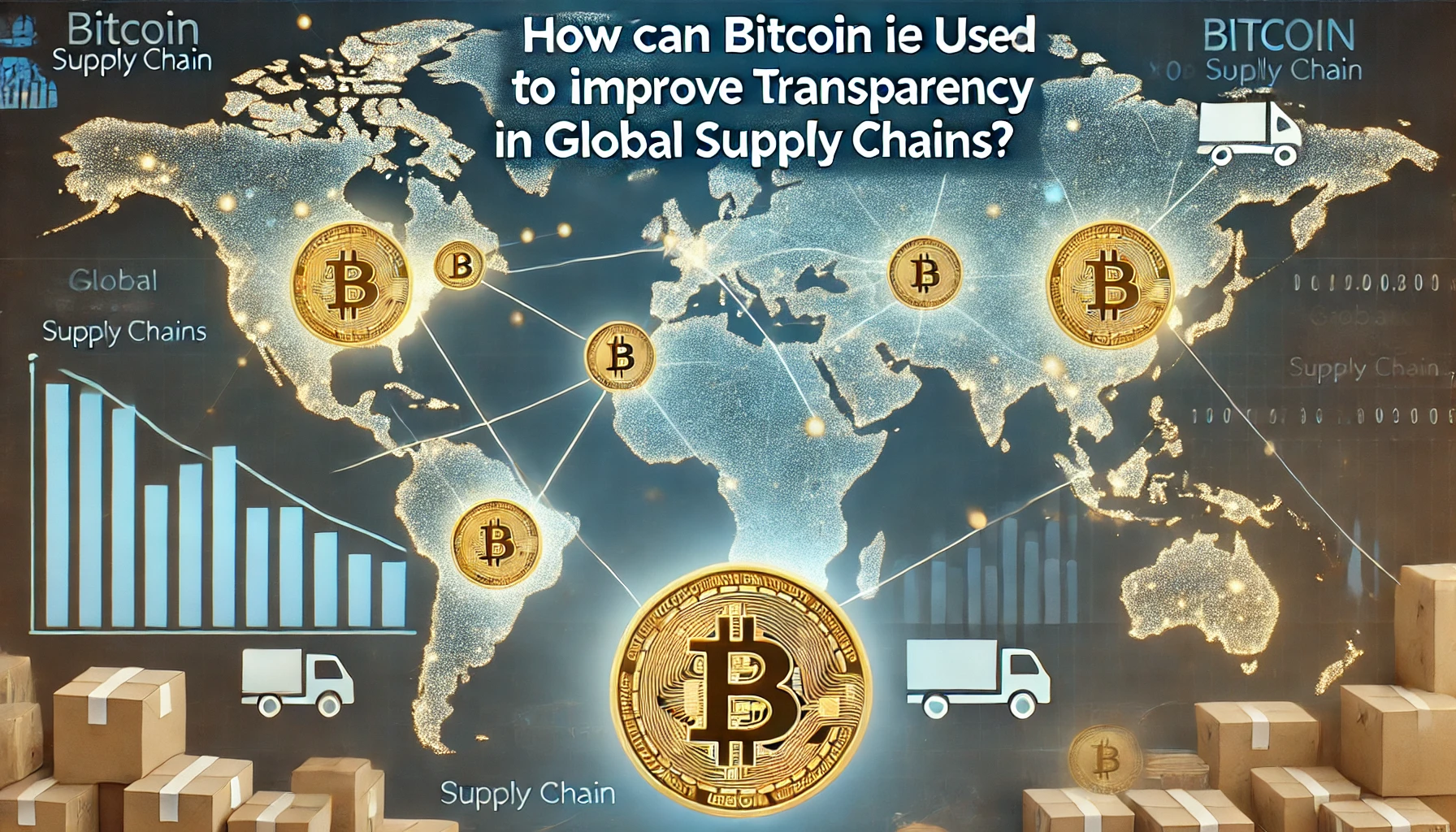introduction: Listen up, this is just a draft, so I’m open to your thoughts. We’re diving into two game-changing, voluntary alternatives to dodge the welfare collapse.
1. Universal Basic Income (UBI): Imagine a system cleaner than what we have now. UBI can wipe out involuntary poverty in poorer countries through a “Pareto Optimal” plan without boosting public spending. Here’s the kicker: the per capita poverty line is actually lower than the potential allowance. This allowance comes from dividing the potential beneficiary population by current welfare spending, factoring in improper incomes and secondary benefits like cutting out perverse and opportunistic incentives.
2. Simulations (Metaverse) and/or Drugs: Picture this: keeping citizens content in virtual simulations or under the influence of drugs. It’s a legit alternative for social peace, creating an economy of abundance. The bottom line is, not going for these voluntary alternatives means choosing violence. Ignoring institutions that foster cooperative behaviors just keeps the cycle of corruption and underdevelopment spinning.
—-
Social states, “welfare state,” or “provident state” is the political setup where the state acts as the ultimate guarantor and organizer of the economy, even conditioning property to its whims and interests. Just take a look at the concept of social purpose as the limit and foundation of property.
In a social state, citizens have positive social rights, and the state is supposedly duty-bound to guarantee rights like health, education, housing, retirement, and assistance. But here’s the catch: these rights are often only properly exercised by the “king’s friends” and end up costing the Treasury more than they benefit the average person. This increases control and property asymmetry, leading to a surge in corruption, administrative capture, and a heavier tax burden.
This model of political organization is a ticking time bomb. In practice, it racks up deficits like there’s no tomorrow. In theory, it’s shredded by heavy hitters like Carl Menger with his subjective theory of value, Böhm-Bawerk’s law of time preference, Mises’ economic calculation problem, and Hayek’s problem of the use of human knowledge.
The facts back this up: the more the state tightens its grip on the economy, the more it messes things up. Administrative capture and distortions skyrocket, turning opportunism into the norm. This wrecks the currency, trashes morality, and kills cooperative spirit – all of which has been happening since the first Social State.1
Misery—yeah, that’s been humanity’s default setting for centuries. Picture this: people, young and old, busting their backs just to get food and shelter. Then, bam! The Industrial Revolution hits, productivity skyrockets, and suddenly, the game changes2.
Now, let’s break this down. Historically, the hours we spend working have been on a steady decline, thanks to some serious productivity gains. We’re talking scale, tech advancements, investments—you name it. But here’s the kicker: this trend could lead us straight into “structural unemployment.” Think about it—new tech making it impossible for most people to find work that pays better than a robot. Big names like Bill Gates and Elon Musk are already sounding the alarm on this3.
Then there’s Ray Kurzweil4, who says that by 2030, computers will match human intelligence. And by 2045? We’re looking at a singularity where machines outsmart all of humanity. Crazy, right?
And if you thought COVID was a game-changer, think again. Post-pandemic, a bunch of workers didn’t return, and as our population ages, the situation looks grim without cutting down on regulations and so-called “social rights.”
Let’s throw Wagner’s Law5 into the mix—the Law of Increasing State Spending. This suggests that states will keep growing their spending until the private economy collapses.
Alright, enough doom and gloom. Let’s talk solutions. I’ve got two for you, and they aren’t mutually exclusive. First, ditch welfare by voluntarily giving up political and social rights for a minimum monthly income. Second, we could end the social state by indulging citizens’ desires through drugs and simulations.
Offering a universal basic income to those who renounce their political and social rights—yeah, it sounds wild, but hear me out. This move could cut down the bloated social state and kill off those nasty perverse incentives. It’s Pareto Optimal, meaning it benefits some without hurting others. The result? Increased productivity, higher revenues, more cooperation, and a massive cut in public spending and corruption.
These so-called “rights” are a serious drain on the public treasury, costing way more than they actually benefit the recipients. A prime example? Public university courses. According to Ithaka S+R6, these courses can be significantly pricier compared to private ones, showcasing major inefficiencies.
So here’s the deal: even as the real value of RMU increases, we’d see a systematic reduction in public spending. This would also cut down on the distortions caused by social rights, ramping up productivity, slashing corruption, and minimizing opportunism.
2. Development
2.1 Universal Basic Income (UBI)
Alright, listen up! we’re diving into the concept of Universal Basic Income (UBI) and why it’s a game-changer for addressing poverty without blowing up public spending. Here’s the deal: instead of throwing money at a bunch of inefficient social benefits that just end up encouraging laziness and crime, we propose a simpler solution. Imagine if the government replaced these programs with a universal basic income. By doing so, we could eliminate involuntary poverty without spending more, as shown by government data7.
Now, picture this: by updating population and public spending data from the referred study, we could offer a minimum income of over $500 to everyone. But there’s a catch—actually, two catches. First, you have to obey the law. If you have pending criminal, civil, or administrative issues, you lose the benefit. Second, you need to renounce other public incomes and the exercise of political and social rights while receiving this income. This approach could seriously reduce the rising poverty levels we’ve seen despite increased social spending.
This isn’t just some pie-in-the-sky idea. It’s grounded in real data and a practical approach to making sure every dollar spent actually helps those in need, cutting out waste and inefficiency.
If compliance with legal duties was tied to UBI payments, where payments are suspended if someone falls behind on any judicial or administrative obligations, you’d see a serious reduction in “costs.” This would speed up processes, make executions easier, and push cooperative behaviors to the forefront.
Now, imagine this: A citizen with a guaranteed minimum income equal to or higher than the “legal minimum wage” would have their basic needs covered. There’d be no reason to oppose the condition for receiving this income being the renunciation of social rights, pension, labor, and welfare. This approach would massively expand their opportunities to work and create wealth without the burden of high social costs that keep unemployment and idleness rates up. This would stop holding back young people and the poor from gaining experience and qualifying for better jobs8.
There’s also no reason to oppose their renunciation of the exercise of political rights. First off, they don’t renounce the right itself, just its exercise. They can always jump back in and exercise those rights by giving up the minimum income. Now, here’s the kicker: if this applied to retirees and civil servants too, it would slash opportunistic incentives. Why? Because it stops people from being net recipients instead of contributors.
Check this out: The U.S. federal budget for 2013 showed that without increasing federal spending, you could eliminate involuntary poverty. How? Just by dividing the total welfare spending and non-tax state income among the potential beneficiaries with income below the UBI threshold—about 40 million people. That’s $6,000 a year or $500 a month per person. And guess what? That’s enough to wipe out involuntary poverty without upping federal expenditures. This doesn’t even take into account potential secondary revenue boosts or state and municipal-level UBI policies.
Now, let’s break down the numbers: The 2013 budget projected $3.45 trillion in expenditures. By 2021, this ballooned to $6.82 trillion. Meanwhile, the U.S. population grew by less than 1% annually, GDP growth was sluggish, and national debt skyrocketed from around 60% to over 100% of GDP9. With a falling population growth rate and an aging demographic, the economic outlook for the coming decades looks pretty grim. From 2010 to 2020, global GDP shot up by more than 40%, while the U.S. GDP lagged behind with just about 22% growth. This rising debt paired with stagnant GDP highlights the government’s shrinking capacity to implement effective policies, underscoring the failure of current approaches to tackle poverty and maintain economic stability.
2.2 Metaverse and Drugs
The private solution for keeping the unemployed masses pacified, without giving them real political or economic opportunities, is to offer them an escape from harsh reality. How do they do it? With video games, party politics, gossip about sub-celebrities and macabre crimes, football and sports played by others, movies, soap operas, Big Brother, OnlyFans, and sex dolls. But here’s the thing: all these distractions are being totally outclassed by experiences with drugs and/or virtual reality (VR) like the metaverse10, combined with brain-machine interface technologies like Neuralink11.
Think about it: the legalization and even the subsidy of drugs as public policy is crystal clear when you look at the opioid epidemic in the United States and its role in the decline of the republic12. After 2020, you can’t deny the political power of Big Pharma and its capacity for administrative capture. It’s a harsh truth, but it’s one we need to face head-on if we want to understand the dynamics at play here.
Alright, folks, let’s talk “Bread and Circuses” policies. These strategies to keep the masses pacified without giving them real prospects have been around for millennia. But here’s the twist: new technologies are taking this to a whole new level. If OnlyFans gives clients access to women they could never afford otherwise, sex dolls are stepping up the game with sight, sound, touch, and smell. And VR with a nervous system machine interface? It’s about to blow the roof off by offering full-sensory experiences that, in many ways, could surpass reality.
Think about it. If these machine-to-nervous system interfaces hit their mark, everyday virtual experiences of sex, food, and social relationships will outdo the real ones. This isn’t just speculation; it’s going to smash markets wide open and kickstart the Economy of Abundance in a post-scarcity world13. We’re talking about a market where the marginal cost drops to zero. Imagine billions of people enjoying the experience of eating lobster or being with the best woman in the world—or even a woman better than any who ever existed—all because this lobster and these women are just simulations.
In VR with a nervous system interface, you can have the girl of your dreams at your beck and call, or maybe even three of them at once, all different ages in your harem. Or how about being Superman, taking on dinosaurs in ways you can’t even imagine? Whatever wild fantasy you have can be programmed and experienced with all five senses. The temptation to spend every waking moment in these environments will be off the charts—and so will be the economic and political power of the meta-capitalists controlling them.
Escaping reality—whether through ideologies, religions, simulations, or drugs—has always been the go-to for those without opportunities for personal, economic, or political growth. This isn’t changing anytime soon.
Ray Kurzweil has been sounding the alarm since 201214. If machine-to-nervous system interfaces boost productivity, intelligence, and physical performance, those who refuse these implants will be left in the dust. They’ll become outcasts, clinging to outdated methods—just like the Amish community15, which chooses to live without electricity.
According to the same author, the next step for achieving perpetuity would be downloading one’s consciousness so it could be uploaded into VR, robots, or surrogates whenever desired, or even simultaneously. Imagine that—your consciousness living on forever, jumping from one digital realm to another. With this vision, the trauma of inevitable death would vanish, freeing humanity from the grips of conventional religions. And with the end of scarcity, the idea of “political religion” would lose all relevance.
3. Conclusion, Summary, and Recommendations
Alright, let’s bring it all together. Welfare, as it stands, is unsustainable. History shows us that all attempts at social states end in moral, social, and economic collapse due to the distortions and asymmetries of property and control they create. Think of it like this: in a condominium where the doormen not only vote but are the majority, they always vote for higher fees, more benefits, and more doormen. This leads to the destruction of property values, residents leaving, and the eventual collapse of the condo. It’s the classic “tragedy of the commons.”
We’ve laid out two solutions to tackle this problem, both non-exclusive and voluntary:
a) Public Solution: Propose that the government offers a Universal Basic Income (UBI) in exchange for renouncing political, social rights, and state incomes. State entities could gradually phase out social spending. This way, individuals can choose to receive a basic income and relinquish other benefits.
b) Private Solution: Large Cantillon corporations could manage a significant portion of the unemployed population by providing escapes from reality—be it through drugs or simulations like the metaverse. Here, all needs can be virtually satisfied at zero marginal cost, sidestepping the issues of abundance.
When most people’s conscious needs are met, their motivation to engage in political society or “political religion” dwindles. This opens the door for the restoration of democracies in republics or oligarchies controlled by the likes of Big Tech and Big Pharma.
For centuries, the primary markets have revolved around people (slaves, land with serfs, or free labor), weapons (power and freedom), and drugs (pleasure and pain relief). These markets are likely to persist, even in the metaverse.
The alternative to these voluntary solutions? Violence. And the alternative to policies that promote cooperative behavior? Perpetual corruption and underdevelopment.
References
- When the currency dies, morality dies – the case of Weimar, the first experiment of the social state: Link
- In Germany, working hours have fallen by more than half in 120 years: Link
- Elon Musk supports UBI: Link
- UBI would be inevitable by 2030, according to Google’s chief engineer: Link
- Wagner’s Law: Link
- The effects of rising student costs in higher education: Link
- Guaranteed income (UBI) and the fight against poverty: Link
- Another government attack on the economy: Link
- United States federal budget: Link 2021 United States federal budget: Link
- Metaverse: Link
- Neuralink: Link
- Drugs, Power, and Politics – Narco Wars, Big Pharma, and the Subversion of Democracy: Link
- Post-scarcity civilization: Link
- How to create a mind: Link
- Amish: Link





